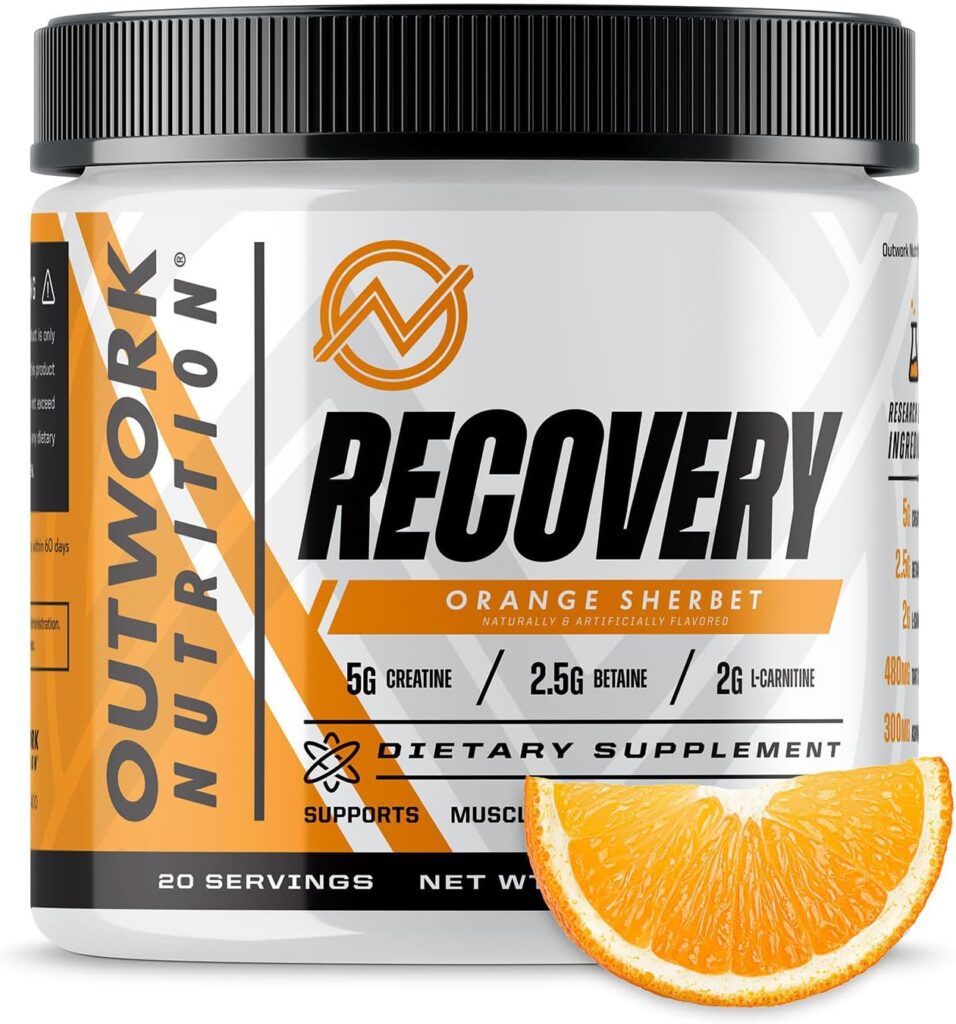Creatine is one of the most popular and researched supplements in the fitness world, known for its ability to enhance performance, increase muscle mass, and improve recovery.
However, a common question among fitness enthusiasts is whether to take creatine before or after workouts.
In this post, we are going to explore whether or not you should take creatine before or after workouts.
Let’s dive in!
What is Creatine?
Creatine is a naturally occurring compound found in small amounts in certain foods and synthesized in the body from amino acids.
It plays a crucial role in energy production, particularly during high-intensity exercise.
By supplementing with creatine, you can increase your muscle creatine stores, leading to improved performance and quicker recovery.
The Debate: Before vs. After Workouts
Taking Creatine Before Workouts
Pros:
- Immediate Energy Boost: Some users feel that taking creatine before a workout provides a quick energy boost for high-intensity training, enhancing performance during the session.
- Psychological Edge: For some athletes, taking creatine pre-workout can serve as a mental boost, providing confidence and focus.
Cons:
- Timing Issues: Creatine needs time to saturate in the muscles. Taking it right before a workout may not yield immediate benefits, especially if you haven’t been consistently supplementing.
Taking Creatine After Workouts
Pros:
- Post-Workout Recovery: Consuming creatine after a workout can enhance recovery by replenishing depleted energy stores and aiding muscle repair.
- Improved Absorption: After exercise, your body is primed to absorb nutrients more effectively. Pairing creatine with a post-workout meal or shake that includes carbohydrates can further enhance absorption due to the insulin response.
Cons:
- Delayed Energy: If you prefer the immediate energy benefits during your workout, taking it post-workout may not provide that immediate boost.
The Verdict: Timing Matters, But Consistency Is Key
While both pre- and post-workout timing have their advantages, research suggests that total daily intake and consistency in supplementation are more important than the exact timing.
For most people, including myself, taking creatine after workouts may be slightly more beneficial for recovery and muscle replenishment.
However, if you prefer taking it before workouts for the psychological boost, that’s perfectly fine as well.
Recommended Creatine
If you’re like me and favor a creatine supplement post-workout, you might be looking for more ways to maximize your workout recovery beyond creatine.
When it comes to maximizing post-workout recovery, my favorite is Outwork Nutrition’s Recovery drink.
Outwork Recovery is formulated with scientifically backed ingredients like Creatine Monohydrate, Betaine, and Tart Cherry Powder to maximize muscle recovery.
With proven benefits for increasing muscle mass and strength, it facilitates greater gains during resistance training.
Additionally, the inclusion of ashwagandha helps support stress and regulate cortisol levels, promoting both physical and mental recovery.
Simply take 1-2 scoops post-workout and you’re good to go!
Creatine Pre or Post-Workout
Ultimately, whether you choose to take creatine before or after your workouts depends on your personal preferences and how your body responds.
The key is to remain consistent with your supplementation and combine it with a balanced diet and proper training regimen.
By doing so, you can maximize the benefits of creatine and enhance your overall performance in the gym.
Thank you for reading!
Affiliate Disclosure
Some of the links on this site are affiliate links. This means that if you click on the link and purchase the item, we may receive an affiliate commission at no extra cost to you. I only recommend products or services that I believe will add value to my readers, however some (not all) do pay us to be on this blog. Your support and theirs helps keep this blog running, and I genuinely appreciate it.
Medical Disclaimer
The information provided on this website is for educational purposes only and is not intended as medical advice. This blog or the writer is not a licensed healthcare professional, and the content should not be used as a substitute for professional medical diagnosis, treatment, or advice. Always consult with your physician or other qualified healthcare provider before starting any new treatment or making any changes to your healthcare routine.
